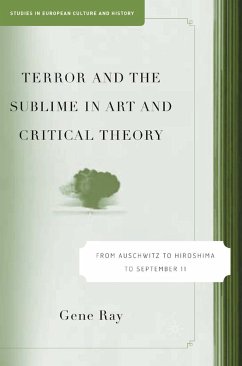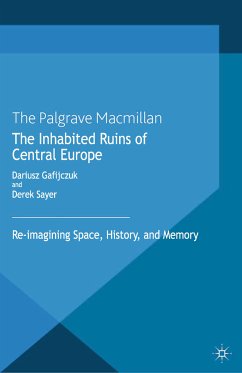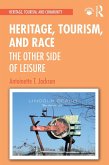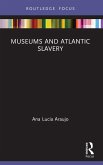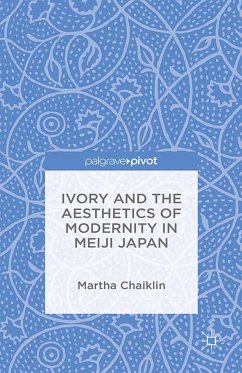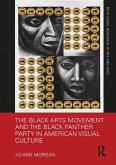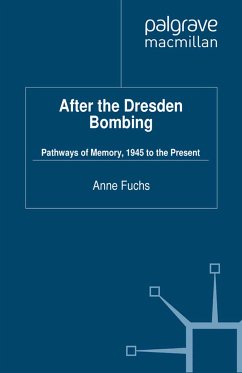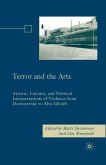Dieser Download kann aus rechtlichen Gründen nur mit Rechnungsadresse in A, B, BG, CY, CZ, D, DK, EW, E, FIN, F, GR, HR, H, IRL, I, LT, L, LR, M, NL, PL, P, R, S, SLO, SK ausgeliefert werden.
Hinweis: Dieser Artikel kann nur an eine deutsche Lieferadresse ausgeliefert werden.
"Ray's book demonstrates a continuing commitment to cultural critique that extends and exceeds its formulation in the Frankfurt School, most especially in the writings of Adorno. Taken together, his collected essays constitute a penetrating witness to late twentieth-century cultural history. There are, to my knowledge, simply no books out there that provide a similarly penetrating and wide-ranging account, with such a clear critical trajectory." - Barbara McCloskey, University of Pittsburgh
"Many contemporary theorists have recently turned their attention to the relation between art and politics. In this area, however, Ray's work is unique: philosophically informed as well as imaginative, analytically forceful and yet poetic, it highlights the task of productive mourning necessary for a post-fantasmatic reorientation of critical theory and radical politics." - Yannis Stavrakakis, Aristotle University of Thessaloniki

